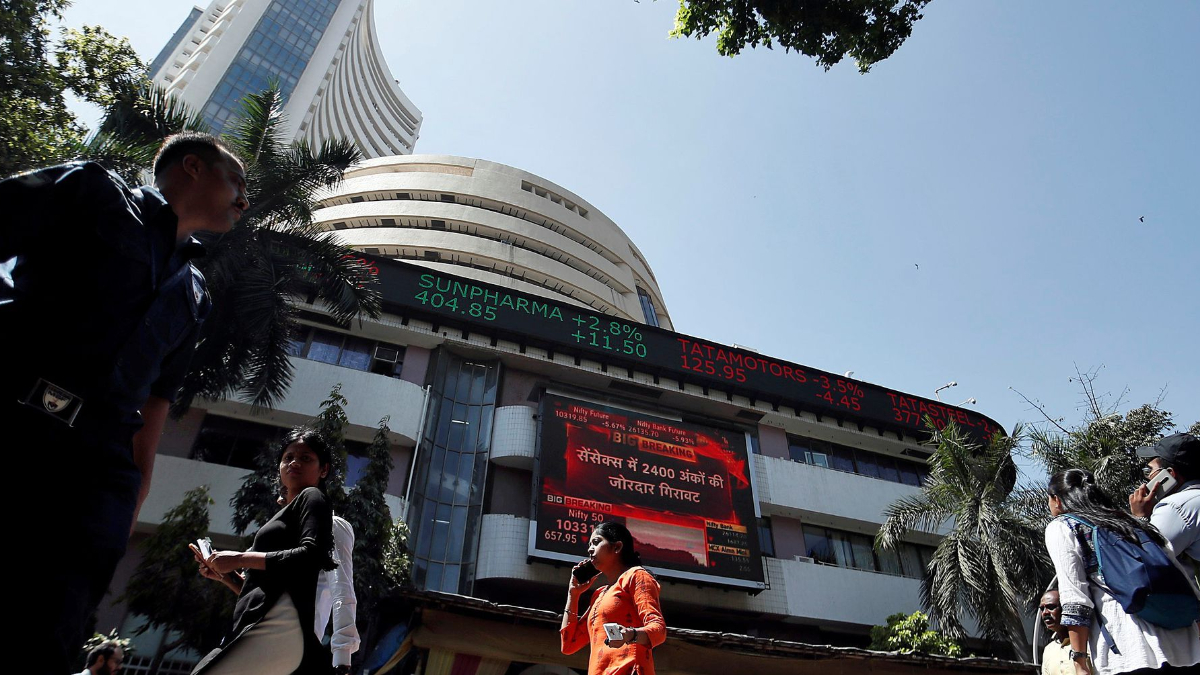Shares of most of the brokerages have slid over the past year amid volatile markets, slowdown in new client additions and moderation in trading activity in the cash segment.
Shares of ICICI Securities and Geojit Financial Services have slid about 37% in the past year. Motilal Oswal, Emkay Global, 5paisa Capital and IIFL Securities have seen their shares tumble in excess of 20%. Angel One is the only broker whose stock has gone up.
Also Read: Markets Wrap – Wed, 4 Jan ‘23: Stocks fall, rupee rises; Asia, Europe markets, Gold, Crude, Crypto updates
The shift to work from home, increased savings, a sustained bull run and a strong IPO pipeline led to a significant growth in the investor base from April 2020 to March last year. The past few months, however, saw a marked slowdown in additions of active customers by brokerages amid a wobble in the equities and a host of regulatory diktats, according to market observers.
“The business has plateaued. It will take us a while before we can see the kind of revenue and profits clocked in the last two years. In almost every bull market, it looks like the broking industry can grow forever, but it cannot. There are significant risks,” said Nithin Kamath, founder of Zerodha, the country’s largest broker.
The number of active clients in the broking industry fell to 36 million in November, a 1% drop over October, and the fifth consecutive month of decline, data showed.
Experts believe that the market is unlikely to move up the way it did in 2020. Rich valuations and a slowdown in global growth may limit the upside. BofA Securities expects the Nifty to end CY23 at 19,500, implying muted but positive returns.
“Even if the markets go up, the interest in new people wanting to trade and invest is likely to be lower,” said Kamath.
New client additions in the past two years largely comprised young investors of less than 30 years. The sentiment of this segment may have taken a hit because of broader consolidation in the benchmark indices, rising interest rates and decline in public offerings.
Also Read: Mamaearth IPO 1000x valuation raises concerns; ‘Another Paytm in the making’?
The broking industry is expected to clock gross operating income of Rs 37,700-38,700 crore in FY23, registering a 3-6% growth YoY, compared with around 33% growth in FY22, according to ICRA.
“While the scale-up of the margin trading facility has supported the growth in other allied income streams, core broking income is expected to continue to account for the lion’s share of the revenue mix at 60-70% of the gross operating income,” said Subhrajyoti Mohapatra, senior analyst – financial sector ratings, ICRA.
ICRA’s sample of 21 brokerages reported a strong growth of 38% in gross operating income in FY22. Moreover, the aggregate net profits grew by 36%, aided by economies of scale. However, with the dampening of the investor sentiment on account of adverse macroeconomic developments, particularly in Q1FY23, the performance moderated in H1FY23, with an 8% YoY decline in the net profit. Further, the capital market loan book, primarily comprising margin trade funding and the employee stock option plan funding book, grew a marginal 4% in H1FY23 after doubling in the past two years.
The broking business is facing increased regulatory risks. “The regulator has done a very good job of reducing risks in the system, but some of these things could also hurt the broking community. I keep saying this internally that we are potentially one circular away from a 30% drop in revenues,” said Kamath.
Sebi has been gradually tightening regulations for stock brokers, especially after the Karvy episode which involved misuse of client securities. The regulator changed rules around pledging of shares and came out with a framework for segregation and monitoring of collateral at the client level. Peak margin rules were introduced last year, which dictate a short-margin penalty – ranging from 0.5-5% of the shortfall per day – if brokers fail to secure the minimum margin for intra-day positions. All brokers are now subject to audit of their cyber security framework every three months by the exchanges.
